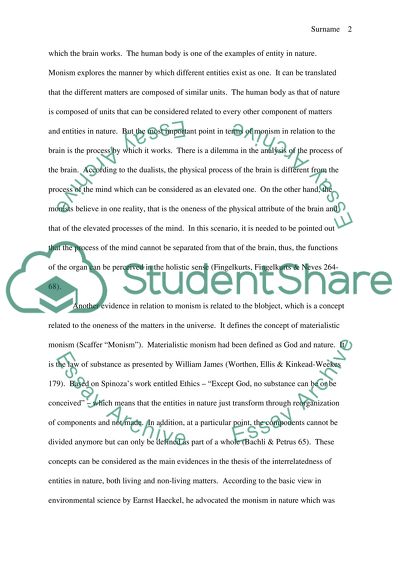Cite this document
(“Monism Philosophy Research Paper Example | Topics and Well Written Essays - 1500 words”, n.d.)
Retrieved from https://studentshare.org/philosophy/1432519-monism
Retrieved from https://studentshare.org/philosophy/1432519-monism
(Monism Philosophy Research Paper Example | Topics and Well Written Essays - 1500 Words)
https://studentshare.org/philosophy/1432519-monism.
https://studentshare.org/philosophy/1432519-monism.
“Monism Philosophy Research Paper Example | Topics and Well Written Essays - 1500 Words”, n.d. https://studentshare.org/philosophy/1432519-monism.


